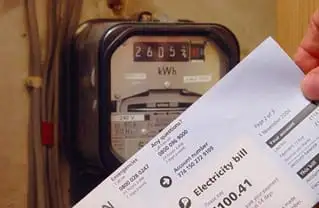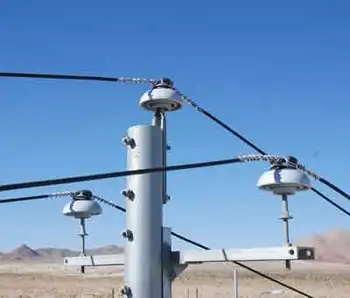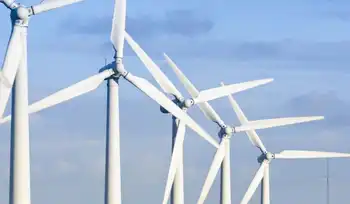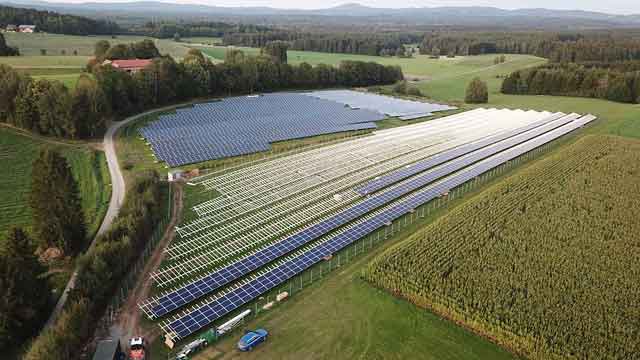Deere sells wind business for $900 million
By Associated Press
High Voltage Maintenance Training Online
Our customized live online or in‑person group training can be delivered to your staff at your location.

- Live Online
- 12 hours Instructor-led
- Group Training Available
With energy prices persistently low due to a grinding economic recovery, stakes in the power industry have begun to shift.
Earlier this month, Blackstone Group paid $542.7 million to take Houston's Dynegy Inc. private. In a three-way deal, Dynegy also sold four power plants to NRG Energy Inc. for $1.36 billion in cash.
Deere said in February it was reviewing options for John Deere Renewables. It saw the wind business as an extension of its agricultural work, with projects located in rural areas.
Deere was involved in project management and financing, buying much of the hardware used in the wind projects from India's Suzlon Energy, one of the biggest suppliers in the world. Deere invested $1 billion over the past five years in the financing, development and ownership of wind energy projects.
Deere said the sale will allow it to get back to what it does best, which is manufacturing farm equipment.
But the wind business is new to Exelon, the nation's largest operator of nuclear power plants.
Exelon has been a wholesale marketer of wind energy in Illinois, Pennsylvania and West Virginia.
The Deere business brings with it a physical infrastructure that includes 36 completed projects in eight states with an operational capacity of 735 megawatts. The projects, which will be operated by subsidiary Exelon Generation Co., could power nearly 184,000 homes, according to Energy Department figures.
The deal comes during a challenging time for the wind power industry in particular. Government stimulus money that helped expand capacity last year is running out. While many states have adopted standards requiring that a certain amount of energy come from renewable sources, Congress has yet to enact a nationwide standard.
Advocates say that is why wind energy has not reached its potential.
Exelon, however, is well positioned to ride out the economic downturn and potentially capitalize on alternative energy assets in the future.
The Chicago company reported profits of $2.7 billion last year.
"Whether harmful emissions are priced or regulated, our combined capacity of nearly 19,000 megawatts of zero-emission wind, solar, hydro, landfill gas and nuclear power remains a clear competitive advantage that will only become more valuable," said Exelon Chairman and CEO John Rowe.
Exelon expects the acquisition to add to earnings in 2012 and to cash flows in 2013. It is funding the deal with Exelon Generation debt.
Deere said it will record a $25 million after-tax charge in the fourth-quarter. The sale was not reflected in the company's $375 million fourth-quarter earnings estimate from earlier this month.
The initial acquisition is valued at $860 million. Deere gets the remaining $40 million when construction begins on projects that are already planned.
The transaction is expected to close by the end of the year.











